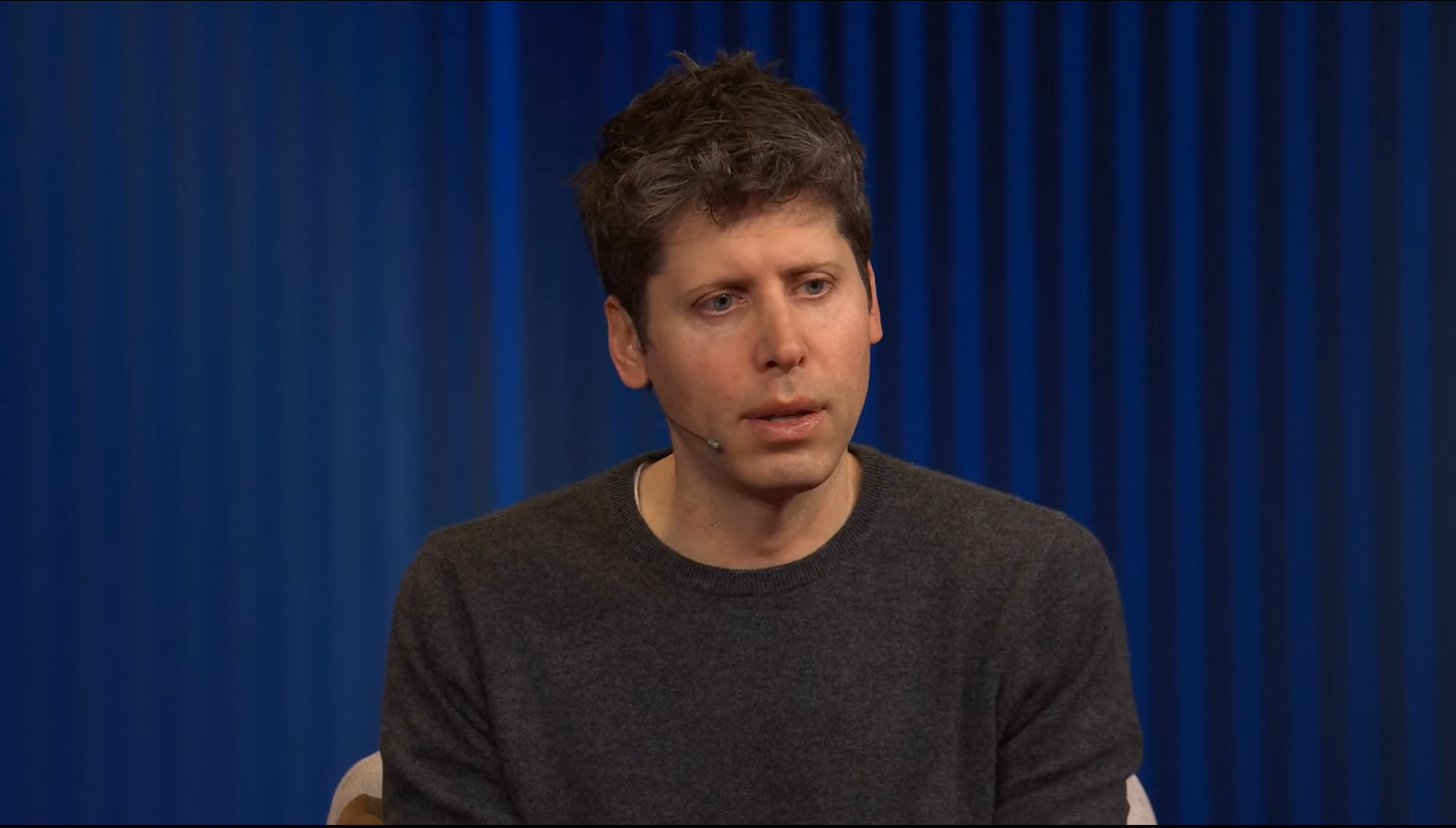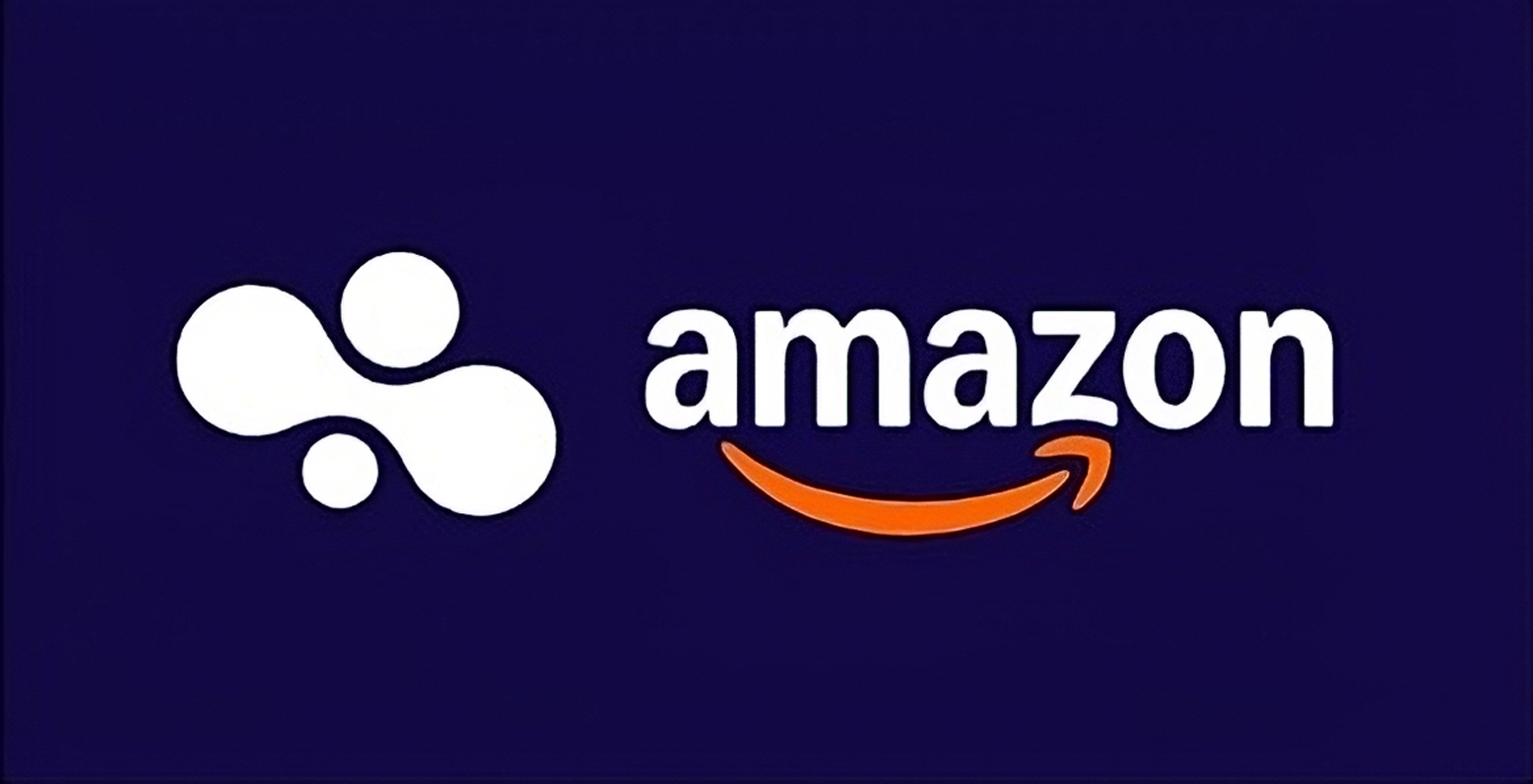Amazon has acquired Bee AI, a San Francisco-based startup known for its $50 wearable that listens to conversations and provides AI-generated summaries and reminders.
The deal was confirmed by Bee co-founder Maria de Lourdes Zollo in a LinkedIn post on Wednesday, but the acquisition terms were not disclosed. Bee gained attention earlier this year at CES in Las Vegas, where it unveiled a Fitbit-like bracelet using AI to deliver personal insights.
The device received strong feedback for its ability to analyse conversations and create to-do lists, reminders, and daily summaries. Bee also offers a $19-per-month subscription and an Apple Watch app. It raised $7 million before being acquired by Amazon.
‘When we started Bee, we imagined a world where AI is truly personal,’ Zollo wrote. ‘That dream now finds a new home at Amazon.’ Amazon confirmed the acquisition and is expected to integrate Bee’s technology into its expanding AI device strategy.
The company recently updated Alexa with generative AI and added similar features to Ring, its home security brand. Amazon’s hardware division is now led by Panos Panay, the former Microsoft executive who led Surface and Windows 11 development.
Bee’s acquisition suggests Amazon is exploring its own AI-powered wearable to compete in the rapidly evolving consumer tech space. It remains unclear whether Bee will operate independently or be folded into Amazon’s existing device ecosystem.
Privacy concerns have surrounded Bee, as its wearable records audio in real time. The company claims no recordings are stored or used for AI training. Bee insists that users can delete their data at any time. However, privacy groups have flagged potential risks.
The AI hardware market has seen mixed success. Meta’s Ray-Ban smart glasses gained traction, but others like the Rabbit R1 flopped. The Humane AI Pin also failed commercially and was recently sold to HP. Consumers remain cautious of always-on AI devices.
OpenAI is also moving into hardware. In May, it acquired Jony Ive’s AI startup, io, for a reported $6.4 billion. OpenAI has hinted at plans to develop a screenless wearable, joining the race to create ambient AI tools for daily life.
Bee’s transition from startup to Amazon acquisition reflects how big tech is absorbing innovation in ambient, voice-first AI. Amazon’s plans for Bee remain to be seen, but the move could mark a turning point for AI wearables if executed effectively.
Would you like to learn more about AI, tech and digital diplomacy? If so, ask our Diplo chatbot!










